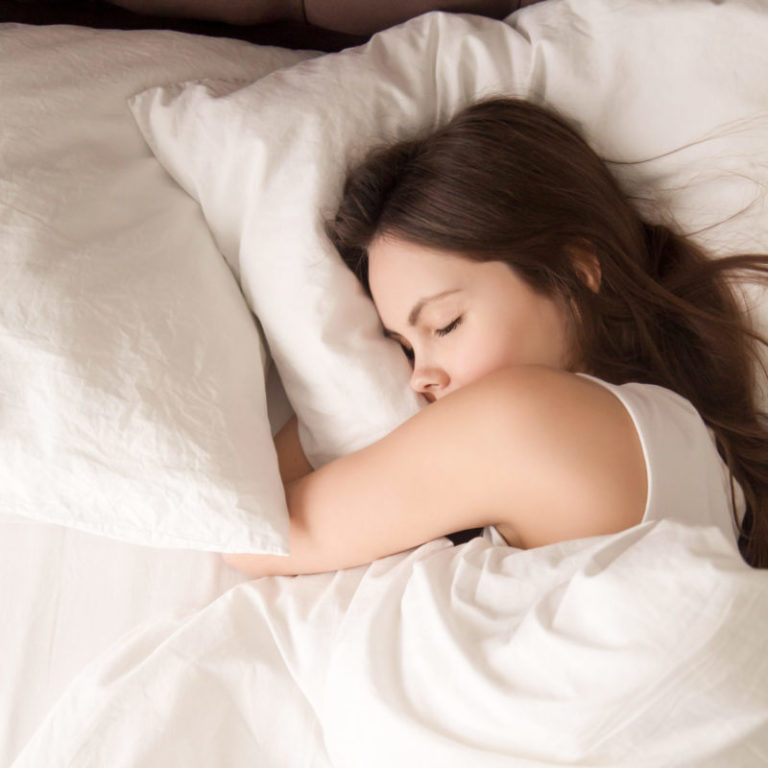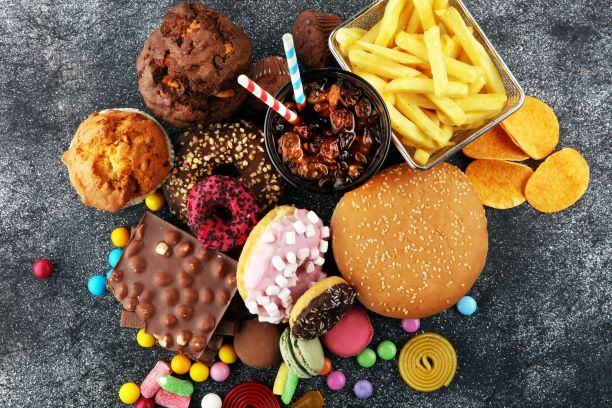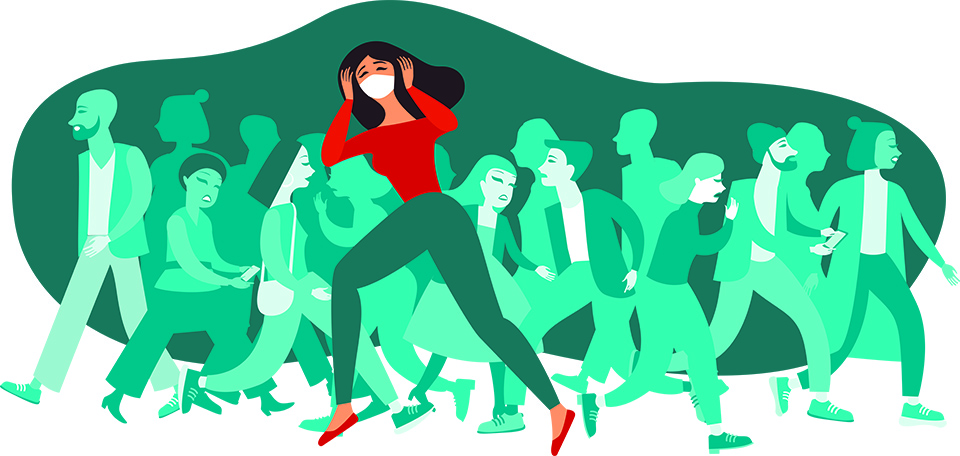Running a sleep deficit is a key feature of adult life. In fact, nearly 30% of US adults struggle with insomnia to some degree. Sleep experts often encourage those dealing with stress-related insomnia to take a few steps to overcome their problem, including cutting back on screen time and social media, engaging in regular exercise and establishing a bedtime routine. These are all good ideas, but another strategy for a good night’s sleep is sitting on your dinner plate.
You read right; what you eat can meaningfully affect your sleep. We have long known that the opposite is true – lack of sleep can impact the dietary choices you make, but research also shows that eating a diet high in sugar, fat, and simple carbohydrates can disrupt your sleep. On the other hand, diets that include more plants, unsaturated fat and fiber seem to promote better sleep.
The majority of what we know about the correlation between diet and sleep comes from epidemiological studies, showing an association between bad sleep and poor diet, including diets with fewer vegetables and fruits, less protein and higher added sugar intake. However, by their nature these studies are correlational – that is, they cannot explain whether poor sleep is a direct result of poor diet or the other way around.

Many studies look more closely at the link between food and sleep, but studies that focus on specific foods are often funded by the food companies, which can produce results biased towards their product. For example, some studies funded by the cherry industry show that individuals with insomnia can experience better sleep by consuming cherries. Due to the conflicts of interest, any study that ‘proves’ a single food can meaningfully impact sleep should be treated with a healthy dose of skepticism.
Rather than look at just one or two foods, scientist and researcher Dr. St-Onge is focused on studying the correlation between overall diet and sleep. She believes that the overall quality of diet is a better yardstick with which to measure the effect of food on sleep.

In a randomized clinical trial in 2016, she and several colleagues sought to determine how dietary patterns affect sleep. Twenty-six healthy adults of normal weight who normally slept 7 to 9 hours each night participated in this two-phase study. Participants ate meals prepared for them by nutritionists and were monitored at night to determine how well they slept for four days. On the fifth day, participants were free to eat whatever they desired. Dr. St-Onge and colleagues found that people who ate diets that included more sugar, simple carbohydrates, and saturated fats awoke more often during the night. They also experienced a lower overall sleep quality. This can maybe partially attributed to blood sugar levels. While complex carbohydrates keep blood sugar levels stable, sugars and other simple carbohydrates cause blood sugar to spike and decline quickly, waking the individual.
One diet high in protein and complex carboyhydrates is the Mediterranean diet, which includes foods like poultry, eggs, beans, fish and lots of fruits, vegetables, healthy fats and whole grains. Studies have shown that this type of diet tends to promote better sleep in those suffering from short sleep and insomnia.
Unfortunately, a night of poor sleep can reduce your ability to make good dietary choices during the day, adding to the vicious cycle. In clinical trials, those who only slept a few hours each night ended up eating more calories and had a greater preference for sweet food. Changes also take place in the brain during sleep deprivation, according to Dr. St-Onge. When people only got four hours of sleep for five nights in a row, they had greater activation in reward centers in the brain in response to junk food such as candy, pizza and donuts. But after five nights of adequate sleep, these stronger reactions to junk food in the brain disappeared.

The main takeaway? You can improve your sleep by improving your diet, and improve your diet by improving your sleep. For more information on how diet affects your brain, check out our blog. For information on how you can improve your sleep and decisionmaking, visit NeuroGrow.com.
This blog was written by Mrs. Courtney Cosby and edited by Dr. Majid Fotuhi.



